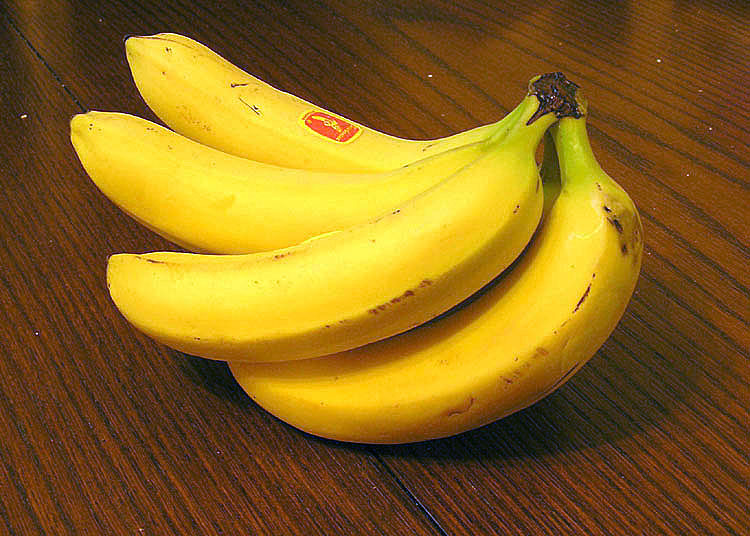Type I diabetes, or juvenile diabetes, is an autoimmune disease; that is, it involves the immune system "turning against" the body and attacking the cells in the pancreas that produce insulin. Most cases appear before the age of 14, and those diagnosed must have daily injections of insulin in order to survive for the rest of their lives. Working with the CSIRO, Australia's national science agency, researchers at Melbourne's Monash University developed a diet rich in a certain type of fibre, resistant starch, that is broken down in the intestines to produce short-chain fatty acids. These short-chain fatty acids, butyrate and acetate, have previously been found to help balance out the immune system, preventing it from creating too much inflammation and related damage. For this preclinical study, the researchers compared mice on a normal diet and mice on the high-resistant starch diet. All were bred to develop the mouse equivalent of Type I diabetes. The mice on the normal diet had a 70% chance of developing diabetes by 30 weeks; however, those eating significant amounts of resistant starch were almost completely protected against the disease.
 "We think our study establishes the concept that we can stop a disease with natural medicinal food", immunologist Charles Mackay says, when in fact he is finding out for himself what naturopaths and other practitioners of traditional systems of medicine have known for years, even centuries. The next step is clinical trials in humans, and although he says it's "too early to tell" whether or not this diet works in people, we should be eating foods high in resistant starch anyway. These include potatoes, bananas, cashews, oats, white beans and lentils. Research has already shown that foods and probiotics that would increase short-chain fatty acid production can improve cognitive control, such as working memory, ability to multitask and focus, as well as reduce anxiety. This is most likely caused by the complex interactions between the digestive system, immune system and the brain.
"We think our study establishes the concept that we can stop a disease with natural medicinal food", immunologist Charles Mackay says, when in fact he is finding out for himself what naturopaths and other practitioners of traditional systems of medicine have known for years, even centuries. The next step is clinical trials in humans, and although he says it's "too early to tell" whether or not this diet works in people, we should be eating foods high in resistant starch anyway. These include potatoes, bananas, cashews, oats, white beans and lentils. Research has already shown that foods and probiotics that would increase short-chain fatty acid production can improve cognitive control, such as working memory, ability to multitask and focus, as well as reduce anxiety. This is most likely caused by the complex interactions between the digestive system, immune system and the brain. There has also already been research on what may cause type I diabetes to develop, and in humans too! Multiple studies have found that cow's milk consumption in genetically vulnerable people can raise the risk of developing type I diabetes. In one of the newer studies, Finnish researchers tracked 1,113 babies who were at risk of developing diabetes during childhood, and were assigned to receive one of three formulas whenever breast milk was unavailable. These were cow's milk formula, whey-based hydrolysed formula and a whey-based formula free of cow insulin. Antibodies to the children's own pancreatic beta-cells (insulin-producing cells) were measured up until three years of age. Compared to the normal cow's milk formula, the whey-based hydrolysed formula was linked to a 25% lower risk of autoantibodies, and the bovine insulin-free formula was linked to a 61% reduced risk of having autoantibodies. The cow insulin may have "taught" their immune systems that insulin is a "threat" that must be eliminated, especially as other components of cow's milk may be pro-inflammatory. Overall, type I diabetes is not something we are helpless against, even if we do have to change long-standing habits.
No comments:
Post a Comment